Ukrainian
Minstrels
David took pity on the blind and gave them a mountain of gold so that they could mine it and thus support themselves. But Solomon said that this was not wise because, if blind people had money, then sighted people would attack them and take the gold away. So David gave the blind his lyre and said that they should go out into the world and sing and people would give them money and this would be money that no one could take away.
Folklores and Folk Cultures of Eastern Europe
SERIES EDITOR:
Linda J. Ivanits
Department of Slavic Languages
Pennsylvania State University
Ukrainian Minstrels
And the Blind Shall Sing
Natalie Kononenko
 Folklores and Folk Cultures of Eastern Europe
Folklores and Folk Cultures of Eastern Europe
Ukrainian
Minstrels
And the Blind Shall Sing
Natalie
Kononenko
First published 1998 by M.E. Sharpe
Published 2015 by Routledge
2 Park Square, Milton Park, Abingdon, Oxon 0X14 4RN
711 Third Avenue, New York, NY 10017, USA
Routledge is an imprint of the Taylor & Francis Group, an informa business
Copyright 1998 by Taylor & Francis. All rights reserved.
No part of this book may be reprinted or reproduced or utilised in any form or by any electronic, mechanical, or other means, now known or hereafter invented, including photocopying and recording, or in any information storage or retrieval system, without permission in writing from the publishers.
Notices
No responsibility is assumed by the publisher for any injury and/or damage to persons or property as a matter of products liability, negligence or otherwise, or from any use of operation of any methods, products, instructions or ideas contained in the material herein.
Practitioners and researchers must always rely on their own experience and knowledge in evaluating and using any information, methods, compounds, or experiments described herein. In using such information or methods they should be mindful of their own safety and the safety of others, including parties for whom they have a professional responsibility.
Product or corporate names may be trademarks or registered trademarks, and are used only for identification and explanation without intent to infringe.
Library of Congress Cataloging-in-Publication Data
Kononenko, Natalie O.
Ukrainian minstrels: and the blind shall sing / by
Natalie Kononenko.
p. cm. (Folklores and folk cultures of Eastern Europe)
Includes bibliographical references (p. ) and index.
ISBN 0-7656-0144-3 (C : alk. paper)
ISBN 0-7656-0145-1 (pbk : alk. paper)
1. KobzariHistory. 2. MinstrelsUkraineHistory.
3. UkraineSocial life and customs. I. Title. II. Series.
ML399.K65 1997
782.4216291791DC21 97-28498
CIP
MN
ISBN 13: 978-0-7656-0145-2 (pbk)
To Peter and Paul, successors of the Apostles
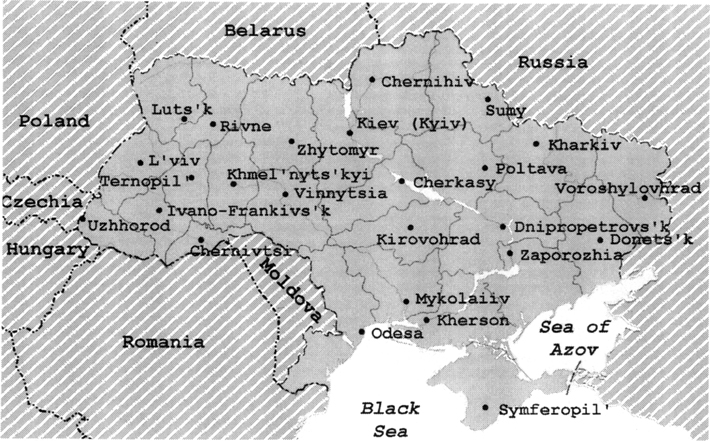
Contents
by Linda J. Ivanits
T he present volume is the first in M.E. Sharpes series on the Folklores and Folk Cultures of Eastern Europe. The series aims to offer the English-speaking public a wide range of primary texts and scholarly works on major subjects in Eastern European folklore and folk culture. Natalie Kononenkos Ukrainian Minstrels: And the Blind Shall Sing is a model study with which to launch this series; it illuminates a fascinating, and for a Western public, little known tradition of oral poetry. The focus is on the performers, the kobzari and lirnyky of the Ukrainian countryside, but the study also includes new translations of the basic songs of their repertory. Kononenkos book should be the standard work on Ukrainian minstrels for years to come.
Kononenko shows that Ukrainian minstrelsy is unique in several ways. Most notable is the fact that blindness was obligatory. In the nearby Russian, Turkish, and South Slavic traditions, singers are sighted (legends of great blind performers of the past notwithstanding). Another difference is the elaborate guild system, which controlled the admittance of new minstrels, handled financial matters, and, at times, punished errant performers. Kononenko includes detailed chapters on the evolution of this system, its links with beggars guilds, and its connections with the Orthodox Church. The extensiveness of the repertory of the Ukrainian singers may come as a surprise to some readers. Kononenko has lengthy discussions on the various types of songs the minstrels performed and the probable influence of religious songs and laments on the epic.
Trained at Harvard under Albert Lord, one of the pioneers in the study of oral narrative in this century, Kononenko is familiar with other folk traditions, especially the Turkish one, in which she has conducted extensive fieldwork. Her present study has been in the making over ten years, during which she made numerous trips to Ukraine, worked extensively in archives, and consulted with living singers. Ukrainian Minstrels: And the Blind Shall Sing should go a long way in fostering appreciation for the richness of Ukrainian folk culture.
Linda Ivanits, Series Editor
T his work began as a study of texts. When I left for Ukraine in 1987, my intention was to compile a complete edition of Ukrainian epic poetry, the dumy. Though Kateryna Hrushevskas collection of 1927 and 1931 contained all known variants of every epic song and was the most complete collection ever published, there were several reasons to update it. Above all, it was necessary to make Hrushevskas already published texts available, since her collection was suppressed by Soviet authorities and most copies destroyed. If the Ukrainian epic were going to be a subject of serious scholarly inquiry, then Hrushevskas collection had to be republished, preferably in the updated form that I had in mind.
But this study is not primarily about texts. It is an investigation of their performers, a special type of minstrel, the blind mendicant. For a long time, I had trouble accepting that blindness was obligatory to minstrelsy in Ukraine. I assumed that blindness in the Ukrainian tradition functioned the same way that it did in other traditions with which I was familiar: more as a symbol of past excellence than as a real trait of actual performers. Working in Yugoslavia, Albert Lord found legends of blind performers who were reputed to be especially talented, but he did not find the performers themselves.claims? Was there something about specifically Ukrainian beliefs that irrevocably linked blindness to art?
Obligatory blindness of minstrels turned out to be just one of the many intriguing characteristics of the Ukrainian tradition. Ukrainian minstrels were members of professional guilds. These guilds were complex and elaborate structures that provided for the training of new members and for their support throughout their careers. Guild membership also differentiated Ukrainian minstrelsy from all traditions with which I was familiar. In Turkey, I had encountered masters and apprentices working in a one-on-one relationship. I had read about similar situations in Yugoslavia and Russia. The master-apprentice relationship turned out to be very important in Ukraine also. What made the Ukrainian situation unique was that the master- apprentice pair was part of a whole minstrel network, a network that did not exist in other Slavic areas. In fact, at least in some instances, the master and the apprentice were not a pair, but just one part of a complex training system. I found evidence of whole schools of minstrelsy where older apprentices helped train younger ones and where the school worked like a miniature version of the minstrel guild.


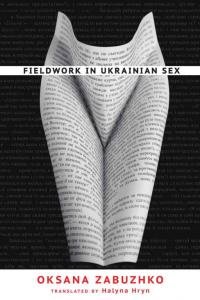
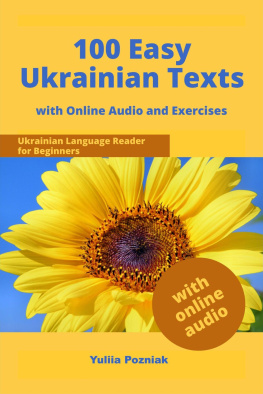
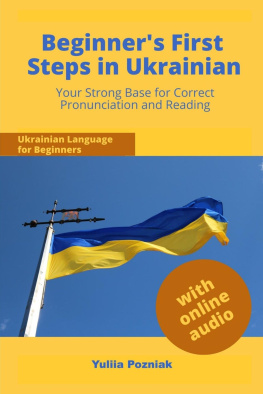



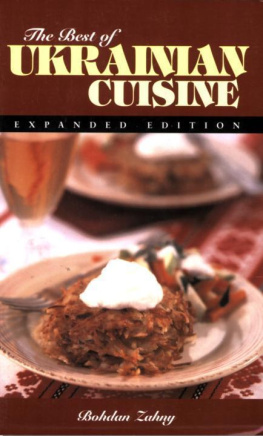

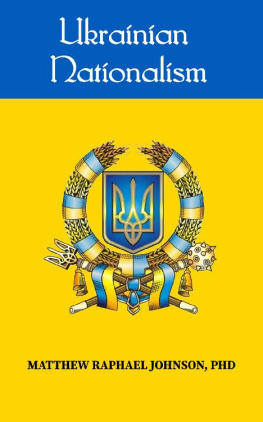
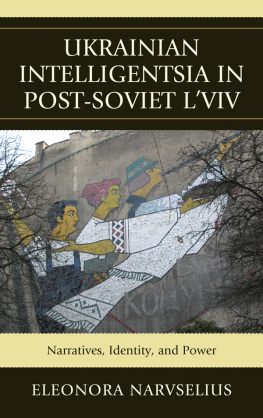

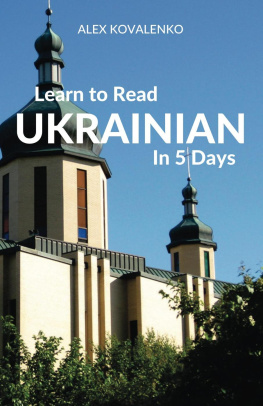
 Folklores and Folk Cultures of Eastern Europe
Folklores and Folk Cultures of Eastern Europe
